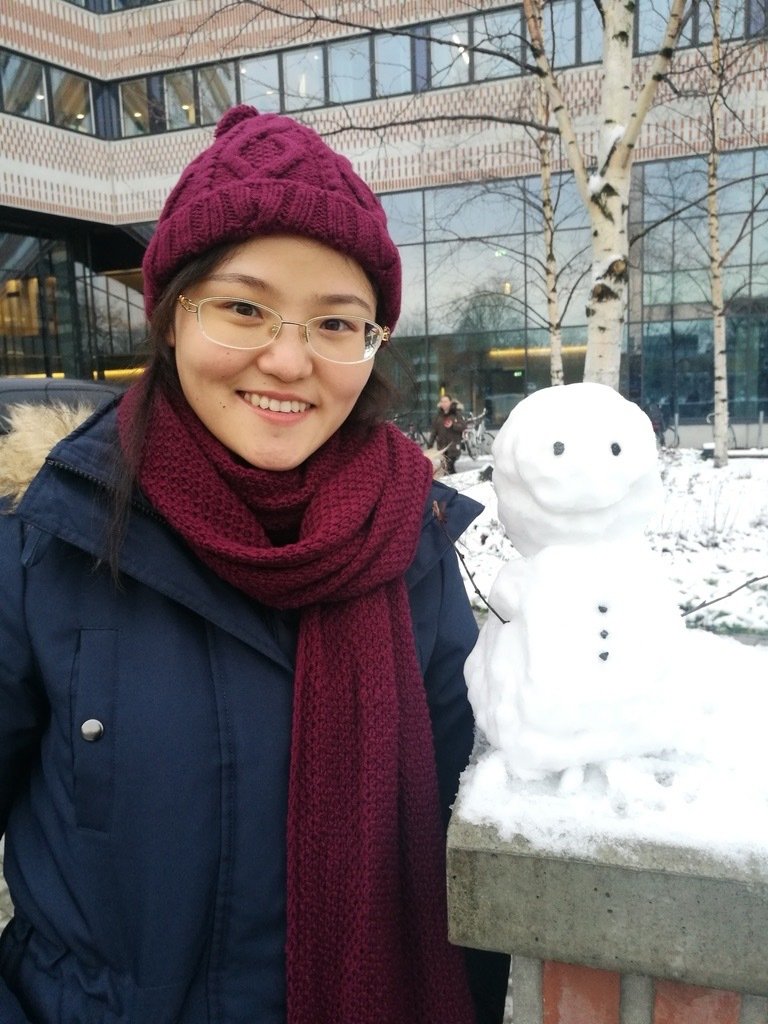Lingjia Yin – Doctoral student at GPH
Lingjia Yin is a Doctoral student at the Department of Global Public Health (GPH) and we have asked her a few questions about her experience and what she enjoys the most at GPH.

How is it to be a Doctoral student at GPH?
"It is a great pleasure to be a Doctoral student at GPH. People here are very kind and knowledgeable. I enjoy talking to them a lot. The working environment is decent and cozy, which makes me feel calm and concentrated while working", says Lingjia Yin.
What is your research about?
"My research project is about a traditional Chinese manipulation therapy – pediatric Tuina (massage) and the recurrent respiratory tract infections among young children.
As we all know, respiratory tract infections are common in children and young children are susceptible to recurrent episodes of them. It is an important global issue to prevent the recurrent respiratory tract infections (RRTIs). In China, pediatric Tuina has clinically been used as a prevention of RRTIs for a long time under the context of medical pluralism, however many details were unknown and the evidence with high quality is lacking, such as the experience of children and parents on having pediatric Tuina as a management measure for RRTIs.
My research project aims to improve the understanding of the use of pediatric Tuina in China to prevent young children’s recurrent respiratory tract infections. I believe that my research project will contribute to the Agenda 2030 by improving the health of young children."
Why did you choose KI and GPH?
"I chose KI and GPH two years ago, because KI is a famous medical university where the Nobel prize in physiology or medicine were awarded. It locates in Sweden where almost 90% people can speak fluent English, so I can communicate with them easily.
The reasons of choosing GPH is that some of GPH’s areas of interest coordinate with the research field I am concentrated in. For instance, to promote reasonable application or usage of antibiotics, it is even more crucial in respiratory disease prevention and treatment among young children. During our clinical practices, we found that pediatric Tuina might be helpful.
In addition, for me, qualitative research is something new. The more I learn about it, the greater I find that if we can use it properly it will provide rich information in regards of the participants’ health related experiences or behaviors. And in terms of this aspect, no other method can replace the role and importance of qualitative research. It will be a kind of challenge for me.
At GPH, there are many researchers with rich experience in the qualitative research field, I have the confidence to overcome the difficulties and to achieve good results."
